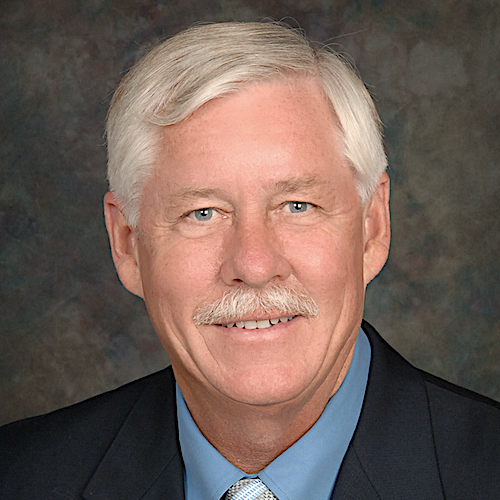
After returning to communities following the devastating California wildfires in 2018, senior living and other long-term care operators throughout the region are having to evacuate staff members and residents once again.
As head of Ron’s Pharmacy Services and Guardian Pharmacy of Anaheim, two LTC pharmacies that assisted communities during the Woolsey Fire a year ago, I worked with our staff and partners to preserve medication access throughout the wildfire evacuation. Many LTC pharmacies, assisted living and memory care communities, and skilled nursing facilities again are struggling to ensure that residents’ medication regimens are not interrupted.
If faced with a similar situation, here are eight keys to keep in mind:
- Be proactive instead of reactive. Instead of waiting until an evacuation is confirmed, take a proactive approach and assign a point person to begin communicating a contingency plan with staff, residents’ LTC pharmacy provider(s), residents and their family members and caregivers as soon as the wildfire threat is identified. This staff member also should be the ongoing point person to communicate with the pharmacy or pharmacies and other partners.
- Capture residents’ locations and contact information in one place. This is an important step to ensure that residents obtain and maintain medication while they are displaced. The document should include each resident’s name, the address of where they are staying during the evacuation, and any other significant contact information necessary. With advance notice, pharmacies can deliver prescriptions to residents and patients beyond the normal service area of an LTC community.
- Understand the Emergency Refill Too Soon Procedure. Insurance plans typically do not allow pharmacists to refill medication prescriptions early. During emergency disasters, however, most states implement an override commonly referred to as an Emergency Refill Too Soon Procedure. This override permits insurance companies to authorize early refills before the current medication supply is depleted. The supply amount permitted varies by state, and the pharmacy partner is the best source for this information.
- Package medications in individual units. It is doubtful that an entire community will evacuate all residents and staff members to the same location. That’s why it is important for each resident to have his or her own self-contained unit filled with medications and the medication administration record, or MAR. An easy solution: Put the resident’s medications in a brown paper bag and staple the MAR to the outside. This solution allows residents, whether they are staying with the community or with a loved one, to travel with the medication and the MAR in hand.
Have plenty of frozen packs and coolers available to protect medications requiring refrigeration. They will help maintain the correct temperature during travel or in the event of a power outage.
- Share medication dispensing instructions with loved ones and caregivers. When possible, allowing residents to stay with a family member or caregiver during an evacuation is preferred, because then residents are in a familiar setting and can have more one-on-one care. If families choose this option, then make sure to communicate any drug allergies or special needs to them. Provide them with a complete list of medications with the dates and times of administration clearly marked. Fortunately, this information should be listed on the MAR.
Before resuming normal operations
When it is safe to resume normal operations, staff members should come back to the property to help evaluate the conditions before residents return. They should concentrate on the following:
- Conduct a comprehensive walk-through. Tour the entire property to assess any damage. Except if there is exterior and interior damage to the community, the focus of the walk-through should be on restoring water and power. It is essential to have an overall view of operations before notifying family members and caregivers of when residents should return.
- Enlist the pharmacy to prepare the medication supply, as applicable. Connect with pharmacy staff and let them audit, organize and restock medications and supplies as applicable.
- Develop a resident arrival plan. Before announcing an arrival time, operators and staff members should consider how residents will return. Decide whether bringing back residents in phases makes logistical sense.
If senior living and other long-term care operators and pharmacy partners follow these protocols, then residents will be put in the best position to have their medication needs met during an evacuation from a wildfire or some other natural disaster.


